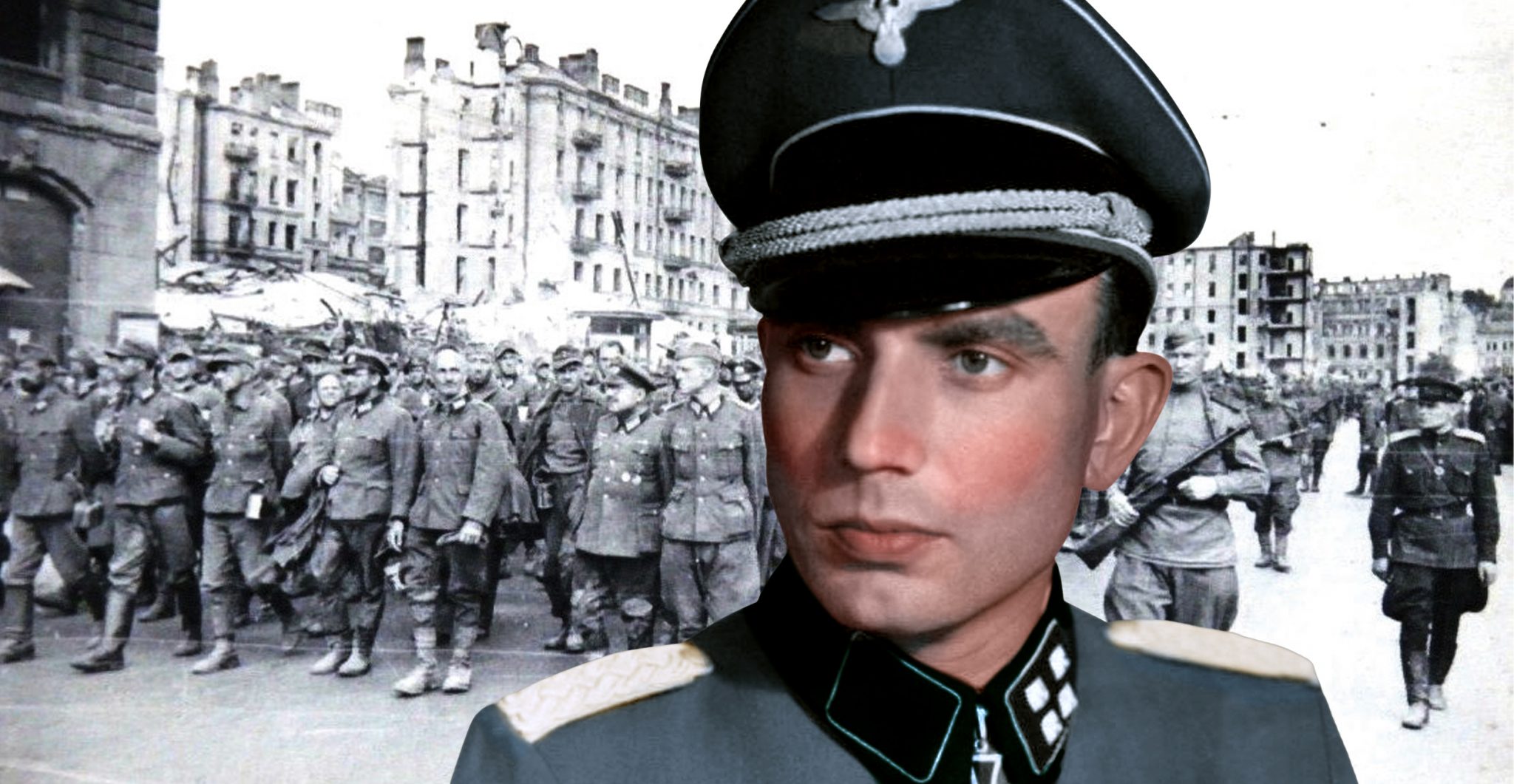War seldom ends the instant that signatures are put on a peace treaty, or an announcement of intent to surrender is made. Skirmishes frequently continue in the field, and it can take hours or even days for fighting to stop entirely and hostilities to subside.
It’s easy to use Hitler’s suicide in Berlin as a clear demarcation of the end of World War II. If the leader was dead, then surely the war he started was dead too? But that wasn’t the case. The end of the war was prolonged in some places, and there is no better example of its confusing conclusion than what happened in Czechoslovakia.
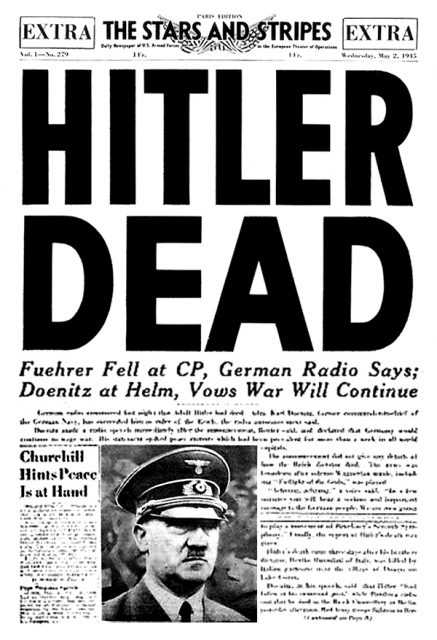
Otto Weidinger was head of the Das Reich division, a regiment of the SS. His men had spent the war in battle on the Eastern Front, facing Soviet troops. When he got word of Germany’s imminent defeat, he reorganized his men and awaited instructions.
Called to Prague, he received his new orders. Upon returning to his men, he informed them of Hitler’s death, but said they had to remember their duty: they were German soldiers who had vowed to fight for their country.
Weidinger heard a revolt had begun in Prague. German occupiers were being punished for their horrific treatment of Czech soldiers and citizens alike. Any German there was in danger of being killed. Weidinger knew he had to help get his fellow Germans out of that city.
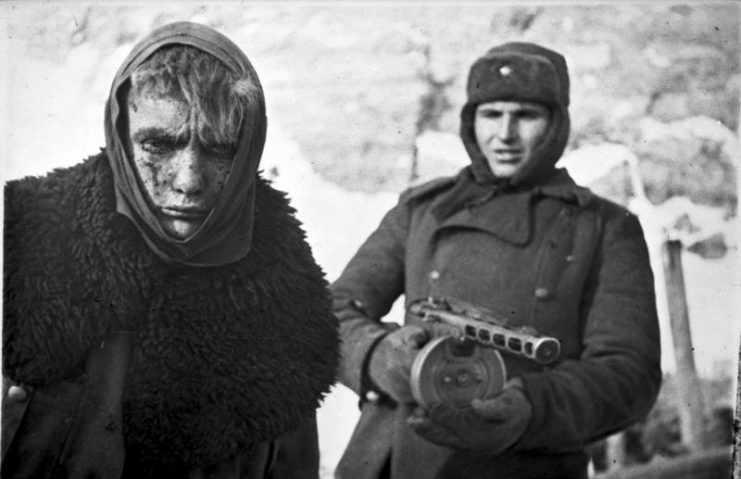
He and his men met resistance as soon as they neared Prague. First, a cobblestone blockade, then enemy fire under cover of darkness. But finally, he was able to get his men moving to the heart of the city, under a very delicate ceasefire agreement with the locals.
A Czech officer sent word to Weidinger that negotiations were possible. The SS officer set a deadline, which came and went, but finally, Weidinger got word that he could take Germans out of Prague without fear of reprisals. He would be allowed to gather his people and escort them to Pilsen, where they could surrender to American troops.
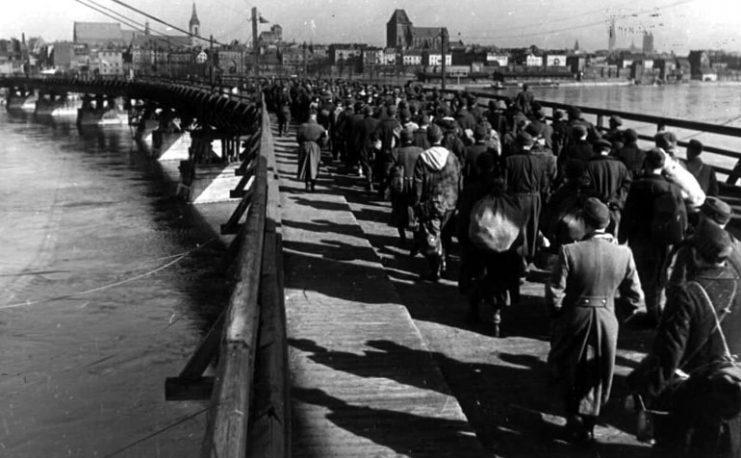
But Weidinger faced a new hurdle as he tried to organize the evacuation: the numbers. When word of his arrival in Prague and his mission spread, droves of German soldiers began pouring into the area.
No Germans wanted to be left in the hands of the Russian soldiers or the Czechs, whom they had treated so abysmally while occupying their city. But there were not enough trucks to transport everyone: German citizens, wounded soldiers, and hundreds of other troops.
Finally, on May 8th, Weidinger had gathered enough vehicles to lead the multitude of people out of Prague, and head for Pilsen. A thousand trucks holding thousands of people began the trek.
On the way, Weidinger met a German general and a Czech colonel, who ordered him, and his men, to surrender their weapons immediately. He and his men did what they were told.
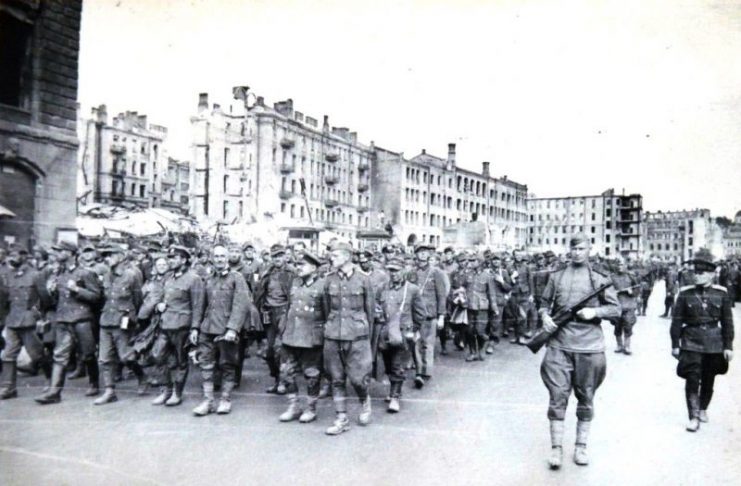
Weidinger took the wounded men and all the civilians to Pilsen. Then, he and his men got back into their trucks and headed to Rokiczany. There, they all surrendered to the 2nd U.S. Infantry Division. Weidinger had completed his final mission: get these German soldiers and civilians to relative safety. It was May 8, 1945, and Adolf Hitler had been dead more than one week, but for Weidinger, only now was the war finally over.
